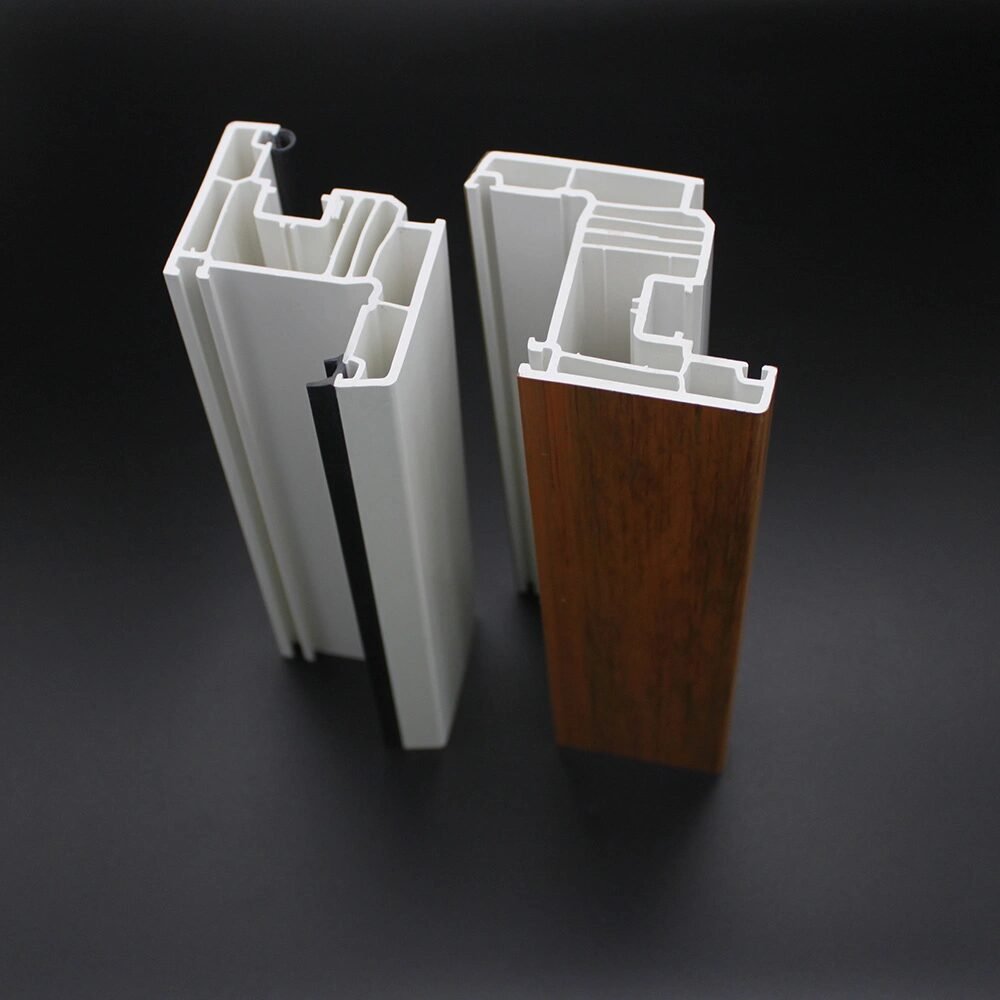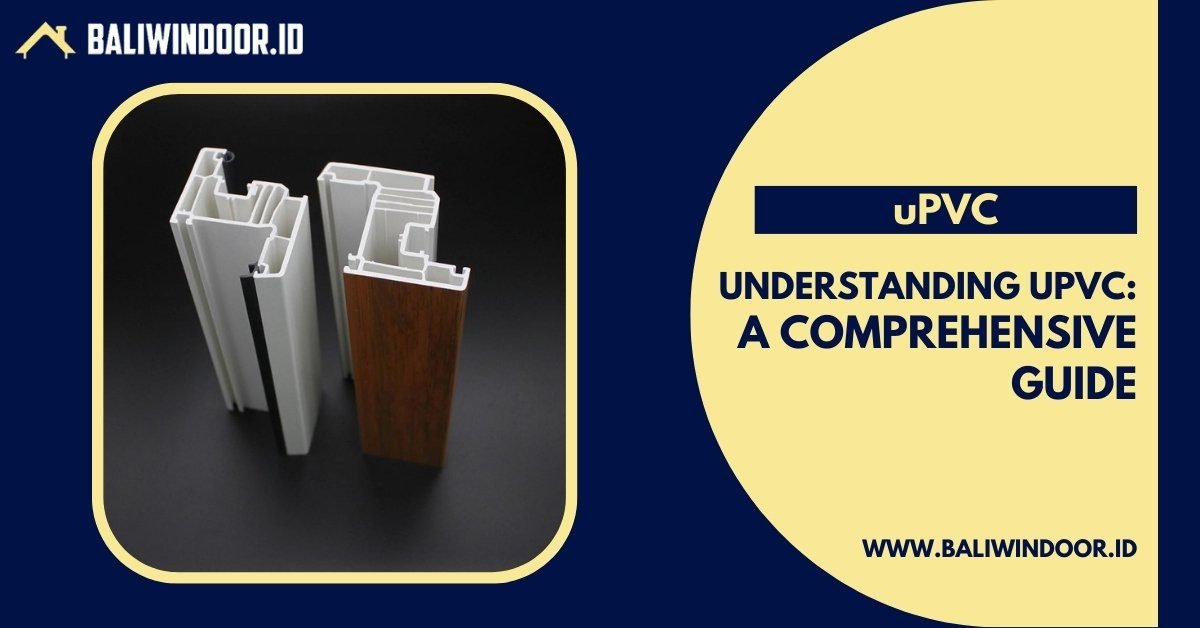What is uPVC?

uPVC, or unplasticized polyvinyl chloride, is a type of rigid plastic that has become increasingly popular in construction and home improvement. It’s a versatile material known for its durability, low maintenance, and energy efficiency.
Key Properties of uPVC
- Durability: uPVC is highly resistant to weathering, corrosion, and pests, making it a long-lasting choice for various applications.
- Low Maintenance: Unlike many other materials, uPVC requires minimal upkeep. It doesn’t need painting, staining, or sealing, saving you time and money.
- Energy Efficiency: uPVC has excellent insulating properties, helping to keep your home warmer in winter and cooler in summer. This can lead to significant energy savings on your heating and cooling bills.
- Noise Reduction: uPVC can help to reduce noise pollution, making it a popular choice for windows and doors in areas with high traffic or noise levels.
- Versatility: uPVC can be used in a wide range of applications, including windows, doors, fascias, soffits, cladding, and gutters.
Benefits of Using uPVC
- Cost-Effective: While the initial cost of uPVC products may be slightly higher than some traditional materials, the long-term benefits, such as energy savings and low maintenance, often outweigh the upfront expense.
- Eco-Friendly: uPVC is a recyclable material, making it a more sustainable choice compared to some other materials.
- Safety: uPVC is non-toxic and does not release harmful chemicals, making it a safe choice for your home.
- Aesthetic Appeal: uPVC comes in a variety of colors and styles, allowing you to find the perfect match for your home’s design.
Applications of uPVC
- Windows: uPVC windows are highly energy-efficient and offer excellent sound insulation. They are available in various styles, including casement, sash, and sliding windows.
- Doors: uPVC doors are durable, secure, and low maintenance. They can be used for both interior and exterior applications.
- Fascias and Soffits: uPVC fascias and soffits are a popular choice for modern homes. They are resistant to rot, decay, and insects, and require minimal maintenance.
- Cladding: uPVC cladding can be used to create a modern and stylish exterior for your home. It is available in a wide range of colors and finishes.
- Gutters and Downpipes: uPVC gutters and downpipes are efficient and easy to clean. They are resistant to corrosion and clogging.
Choosing the Right uPVC Products
When selecting uPVC products for your home, it’s important to consider factors such as your budget, energy efficiency requirements, and desired aesthetic. Consulting with a professional can help you choose the right products for your specific needs.
Maintenance Tips for uPVC
- Regular Cleaning: Clean your uPVC products with a mild detergent and water. Avoid using harsh chemicals or abrasive materials.
- Inspect for Damage: Regularly inspect your uPVC products for any signs of damage, such as cracks or scratches. If you notice any issues, contact a professional for repair.
Conclusion
uPVC is a versatile and durable material that offers numerous benefits for homeowners. Its energy efficiency, low maintenance, and aesthetic appeal make it a popular choice for various applications. By understanding the properties and benefits of uPVC, you can make informed decisions about your home improvement projects.

